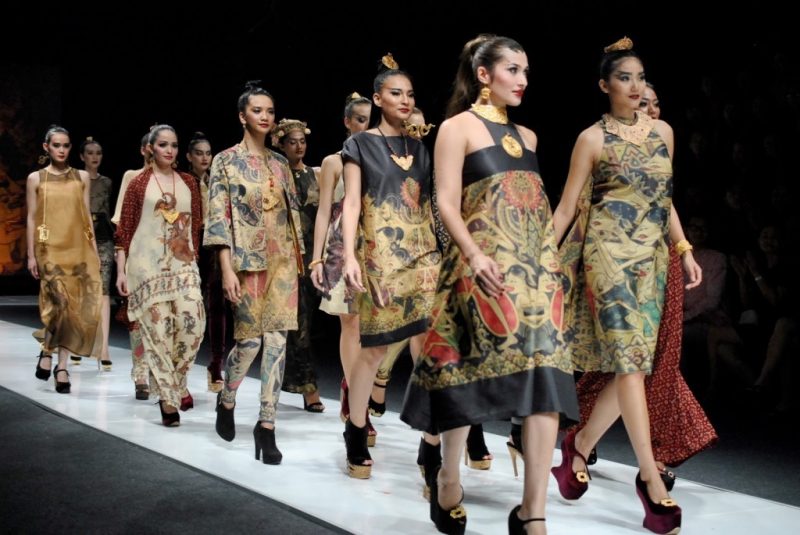Indonesia’s textile manufacturers say they have experienced significant growth over the past decade and expect the industry, which produces fashion for various global brands, to be a major contributor to the country’s economic growth.
“Indonesian apparel manufacturing will play a huge role in the country’s future in the next 20 years. We’re [already] seeing the impact in this decade too,” says Anne Patricia Sutanto, chief executive of Pan Brother Tex, one of the largest Indonesian manufacturers, as quoted by Business of Fashion.
The country now boasts a textile and apparel export volume reaching close to US$12 billion and a workforce of almost two million people, which has lifted it into the world’s top ten textile and garment exporters. According to Sutanto, whose company produces for Uniqlo and Asics athletic shoes, such growth is bound to have a massive impact on the country’s economy.
“There is no doubt that Indonesia with its large population will have a huge influence on both manufacturing and sourcing as well as consumers’ buying. This industry will have a multiplier effect and give a major boost to the economy provided the government is willing to see this labour-intensive industry as pillars of growth,” she adds.
The government itself has set a target to increase the nation’s value of exported textile and apparel to $75 billion by the year 2030, meaning that it would reach five percent share in the global market. To achieve this target, it has issued a number of initiatives which has spurred the textile manufacturing industry, which is expecting more support from the government.
“The government under President Joko Widodo has been pushing a lot of infrastructural projects and also bureaucratic slimdown in order to ease business,” says Michelle Tjokrosaputro, the chief executive of Dan Liris, a company producing for fashion giants like Calvin Klein, Tommy Hilfiger and Marks and Spencer.
“We’re also anticipating zero tariffs [access] to the Australian market will happen next year and hopefully zero tariffs or a free trade agreement with EU will be signed by end of 2018. This will help Indonesian industries grow further allowing us to compete with our neighbouring countries like Vietnam and Bangladesh,” Tjokrosaputro added.
In Southeast Asia, Indonesia has an advantage over its neighbours due to its expansive labour force, which drives its 3,000-odd garment manufacturing companies, mainly producing shirts, cotton t-shirts, corsets, underwear, coats, sports shirts and trousers. At the moment, China remains the biggest powerhouse in the region, but Indonesia has benefitted from China’s rising labour costs.




